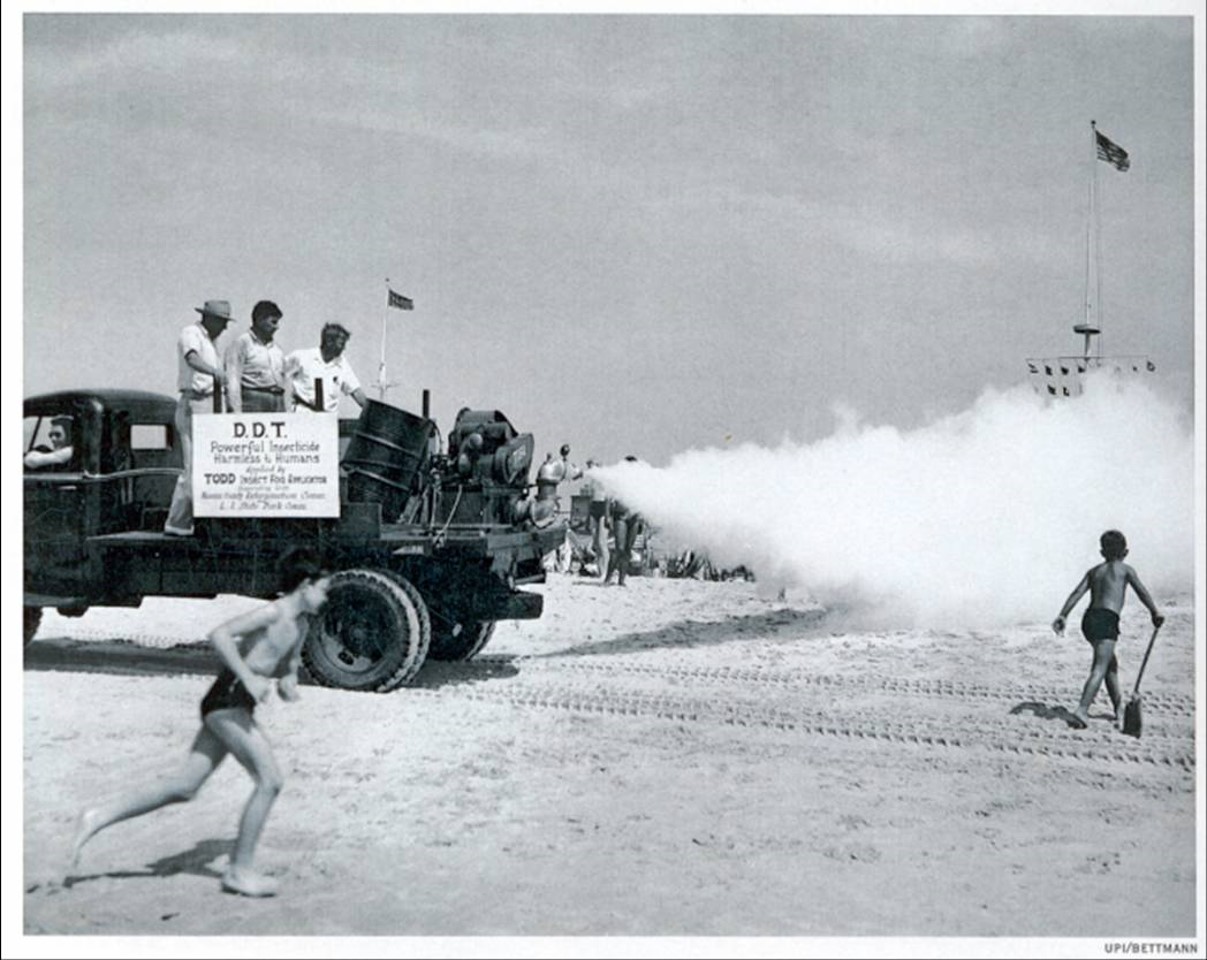Marketing Communications Careers: Pathways to Success in a Dynamic Field
Understand the marketing communications pathway
Marketing communications represent a vibrant and diverse career field that combine creativity, strategy, and business acumen. This pathway encompasses all the methods and messages organizations use to communicate with their target audiences, build brand awareness, and drive consumer action. For professionals seek dynamic, always evolve career opportunities, marketing communications offer numerous entry points and advancement paths.
The field has transformed dramatically with digital technology, create new specializations while revitalize traditional roles. Today’s marketing communications professionals must navigate an integrated landscape where traditional and digital channels work unitedly to create cohesive brand experiences.
Core career paths in marketing communications
Public relations specialist
Public relations specialists manage an organization’s public image and relationships with stakeholders. These professionals craft press releases, organize media events, develop crisis communication strategies, and build relationships with journalists and influencers.
The role require excellent writing skills, media savvy, and the ability to think strategically about an organization’s reputation. Pr specialists typically need a bachelor’s degree in public relations, communications, journalism, or a related field. Entry level positions frequently start with media monitoring and write tasks before advance to client management and strategy development.
Career progression may lead to positions such as PR manager, communications director, or eventide chief communications officer. The median annual salary for PR specialists range between $60,000 and $$70000, with senior level professionals earn importantly more.
Content marketing manager
Content marketing managers develop and implement content strategies that attract and engage target audiences. They oversee the creation of blog posts, articles, white papers, videos, podcasts, and other content assets that support marketing objectives.
This role demand strong writing and edit abilities, project management skills, and a deep understanding of audience needs and content distribution channels. Most content marketing managers hold degrees in marketing, communications, English, or journalism, complement by digital marketing knowledge.
Career advancement can lead to positions like director of content strategy or VP of marketing. Content marketing managers typically earn between $70,000 and $$100000 yearly, with compensation vary base on industry and company size.
Social media manager
Social media managers develop and execute strategies across social platforms to build community, increase brand awareness, and drive engagement. They create content calendars, craft posts, analyze performance metrics, and respond to audience interactions.
Successful professionals in this field combine creativity with analytical skills and stay current with platform algorithms and trends. While many positions require a bachelor’s degree in marketing or communications, demonstrate skill with social media management and a strong portfolio can sometimes substitute for formal education.
Career progression might include roles such as social media director or digital marketing manager. Social media managers typically earn between $50,000 and $$80000, with higher salaries in larger markets and companies.
Brand manager
Brand managers serve as guardians of a company’s brand identity, ensure consistent messaging and visual presentation across all touchpoints. They develop brand guidelines, oversee marketing campaigns, and collaborate with various departments to maintain brand integrity.
This role requires strategic thinking, creative direction skills, and a thorough understanding of consumer behavior and market trends. Most brand managers hold bachelor’s degrees in marketing or business, with many pursueMBAa degrees for senior positions.
Career advancement paths include senior brand manager, marketing director, and chief marketing officer. Brand managers typically earn between $75,000 and $$120000, with compensation packages much include performance bonuses.
Marketing communications specialist
Marketing communications specialists develop and implement integrate marketing campaigns across multiple channels. They coordinate message across advertising, PR, digital marketing, and internal communications to ensure consistency and effectiveness.
This versatile role require strong project management abilities, excellent writing skills, and a holistic understanding of marketing channels. Most positions require a bachelor’s degree in marketing, communications, or business.
Career growth may lead to marketing communications manager, integrated marketing director, or CMO positions. Marketing communications specialists typically earn between $55,000 and $$85000, depend on experience and location.
Emerge specializations in marketing communications
Influencer marketing manager
Influencer marketing managers identify, recruit, and manage relationships with content creators who can genuinely promote brands to their audiences. They develop campaign strategies, negotiate partnerships, and measure campaign performance.

Source: careers.lifetime.life
This comparatively new specialization require understanding of social media platforms, relationship management skills, and analytics capabilities. While formal education requirements vary, most professionals have backgrounds in marketing, communications, or public relations.
Compensation typically ranges from$600,000 to $90,000, with potential for growth as influencer marketing continue to expand as a marketing channel.
Marketing data analyst
Marketing data analysts collect, process, and interpret data to inform marketing strategies and measure campaign effectiveness. They work with analytics tools, create dashboards, and translate complex data into actionable insights for marketing teams.
This progressively important role combine technical skills with marketing knowledge. Most positions require a bachelor’s degree in marketing, business analytics, statistics, or a related field, oftentimes supplement with certifications in analytics platforms.
Career progression may lead to roles such as marketing analytics manager or director of marketing intelligence. Marketing data analysts typically earn between $65,000 and $$95000, with higher salaries for those with advanced technical skills.
Marketing automation specialist
Marketing automation specialists implement and manage technology platforms that streamline marketing processes. They build email campaigns, develop lead nurture workflows, set up trigger communications, and optimize conversion paths.
This technical role require proficiency with marketing automation platforms (like hHubSpot mmarket or papardon)basic understanding of htmHTMLcss, and knowledge of customer journey mapping. Most professionals have degrees in marketing or information technology, oft complement by platform specific certifications.
Career advancement may lead to marketing operations manager or marketing technology director positions. Marketing automation specialists typically earn between $65,000 and $$90000, with higher compensation for those with advanced technical capabilities.
Educational pathways and requirements
Formal education
Most marketing communications roles require at least a bachelor’s degree, typically in fields such as:
- Marketing
- Communications
- Public relations
- Journalism
- Advertising
- Business administration
For leadership positions, a mMBAor master’s degree in marketing or communications can provide a competitive advantage. Some specialized roles may benefit from degrees in fields like psychology, statistics, or graphic design, depend on the focus area.
Professional certifications
Industry certifications can importantly enhance marketability and demonstrate specialized knowledge. Valuable certifications include:
- American marketing association professional certified marketer (pPCM)
- Public relations society of America accreditation in public relations (aApr)
- Google Analytics certification
- HubSpot content marketing certification
- Facebook blueprint certification
- Hootsuite social marketing certification
These credentials validate specific skills and show commitment to professional development, oftentimes give candidates an edge in competitive hiring processes.
Portfolio development
For many marketing communications roles, specially creative positions, a strong portfolio demonstrates real world work is essential. Aspire professionals should collect examples of:
- Write samples (press releases, blog posts, social media content )
- Campaign concepts and execution
- Design work
- Case studies show measurable results
Level without professional experience, students and entry level professionals can build portfolios through internships, volunteer work, class projects, and personal brand efforts.
Skills for success in marketing communications
Technical skills
The marketing communications field progressively requires technical proficiency across various platforms and tools:
- Content management systems (wWordPress dDrupal)
- Social media management tools (hHootsuite buffer, sprout social )
- Email marketing platforms (mMailchimp constant contact )
- Customer relationship management software (sSalesforce hHubSpot)
- Design software (adobe creative suite )
- Analytics tools (gGoogle Analytics social media insights )
The specific technical requirements vary by role, but digital literacy and adaptability to new technologies are universally valuable.
Soft skills
Beyond technical capabilities, successful marketing communications professionals demonstrate essential soft skills:
- Write and verbal communication
- Creativity and innovative thinking
- Critical analysis and problem solve
- Project management and organization
- Collaboration and teamwork
- Adaptability and learn agility
- Emotional intelligence and empathy
These interpersonal and cognitive abilities enable professionals to develop compelling campaigns, navigate organizational dynamics, and adapt to change market conditions.
Industry trends shaping marketing communications careers
Data drive decision make
Marketing communications is progressively guided by data analytics, create demand for professionals who can interpret metrics and apply insights to strategy development. Understand customer behavior patterns, campaign performance indicators, and attribution modeling has become essential across roles.
This trend has elevated the importance of analytical thinking and quantitative skills, level in traditionally creative positions. Marketing communications professionals nowadays need to balance creative intuition with data inform approaches.
Integrated marketing communications
Organizations progressively seek cohesive brand experiences across all touchpoints, drive demand for professionals who understand integrate marketing communications principles. Kinda than manage channels in silos, companies nowadays coordinate message across pay, earn, share, and own media.
This integration creates opportunities for marketing communications generalists who can develop comprehensive strategies and coordinatecross-functionall teams. It besides reward specialists who understand how their particular channel fit into the broader marketing ecosystem.
Content marketing evolution
Content marketing continue to evolve beyond blogs and social posts to include interactive experiences, video, podcasts, and immersive formats. This evolution creates demand for professionals with multimedia skills and strategic content planning abilities.
The focus has shift from content volume to quality, relevance, and strategic alignment with business goals. Marketing communications professionals must create content that not simply engage audiences but besides drive measurable business outcomes.
Break into marketing communications
Entry level positions
Common entry points into marketing communications include:
- Marketing coordinator or assistant
- Communications intern
- Social media coordinator
- Content writer
- Pr assistant
- Marketing research analyst
These roles typically involve support senior team members, handle administrative tasks, create basic content, and learn organizational processes. They provide valuable exposure to marketing communications principles and practices.
Internship opportunities
Internships remain one of the near valuable pathways into marketing communications careers. Organizations offer structured internship programs include:
- Marketing agencies and PR firms
- Corporate marketing departments
- Non-profit communications teams
- Media companies
- Government public affairs offices
Internships provide hands-on experience, professional connections, and portfolio materials. Many organizations use internships as recruit pipelines for entry level positions.
Network strategies
Professional relationships frequently play a crucial role in marketing communications career advancement. Effective networking approaches include:
- Join industry associations (aAmericanmarketing association, public relations society of aAmerica)
- Attend marketing conferences and events
- Participate in online communities and social media groups
- Connect with alumni from your educational institutions
- Informational interviews with professionals in target roles
Build authentic relationships base on mutual value, kinda than transactional networking, typically yield the best results for career development.
Career advancement and growth opportunities
Typical career progression
Marketing communications careers frequently follow progression paths like:
- Specialist / coordinator (entry level )
- Manager (mmid-level)
- Director (senior level )
- Vice president / chief officer (executive )
Movement between specializations is common, with professionals oftentimes gain breadth of experience across different marketing communications functions before specialize at more senior levels. Many professionals too move between agency, in house, and consulting roles throughout their careers.
Continuing education
Give the field’s rapid evolution, continue education remain essential for career advancement. Professional development options include:
- Advanced degrees (mMBA ms in marketing or communications )
- Professional certifications and specialized training
- Industry conferences and workshops
- Online courses and webinars
- Professional reading and self direct learning
Many employers offer tuition assistance or professional development budgets to support continue education efforts.
Entrepreneurial opportunities
Marketing communications skills translate intimately to entrepreneurial ventures, include:
- Freelance writing, design, or social media management
- Marketing consultancy
- Boutique agency ownership
- Content creation and monetization
- Marketing technology development
Many professionals combine employment with side businesses, gradually transition to full-time entrepreneurship as their client base grow.
Workplace environments in marketing communications
Agency settings
Marketing and PR agencies offer firm pace environments with exposure to multiple clients and industries. Agency professionals typically work on diverse projects simultaneously, develop broad skills and industry knowledge. These settings oftentimes provide mentorship from experienced practitioners and opportunities to collaborate with specialists across disciplines.
Agency roles typically feature competitive salaries, opportunities for rapid advancement, and vibrant workplace cultures. Yet, they may besides involve long hours, high pressure deadlines, and the need to manage multiple client expectations.
In house departments
In house marketing communications teams focus solely on a single organization’s needs. These roles offer deep understanding of specific industries and brands, with opportunities to see projects through from conception to long term impact. In house professionals typically enjoy more predictable schedules and clearer work life boundaries than their agency counterparts.
These positions oftentimes provide better benefits packages, more stable employment, and opportunities to develop specialized expertise. Nonetheless, they may offer fewer opportunities for creative variety and slower career advancement paths.
Remote and freelance opportunities
The marketing communications field has embraced remote work and flexible arrangements, create opportunities for location independent careers. Many organizations straightaway hire remote marketing professionals, while platforms likeUpworkk andFiverrr connect freelancers with clientsworldwidee.
These arrangements offer flexibility, work life integration, and potential for higher earnings through multiple revenue streams. Nevertheless, they require self-discipline, business development skills, and comfort with income variability.
The future of marketing communications careers
The marketing communications field continues to evolve, with several trends shape future career opportunities:
- Artificial intelligence and automation tools transform content creation and campaign management
- Increase emphasis on authentic, purpose drive communication
- Grow importance of first party data and privacy compliant marketing
- Expansion of immersive technologies (aAR/ vVR)for brand experiences
- Continue blending of marketing, customer experience, and product development
Professionals who will combine adaptability with core communication principles will find abundant opportunities in this dynamic field. The virtually successful marketing communications careers will belong to those who will embrace lifelong learning, will maintain ethical standards, and will develop both creative and analytical capabilities.
For those consider this career pathway, marketing communications offer the rare combination of creative expression, strategic thinking, and measurable business impact. Whether you’re drawn to thestorytellere aspects of content creation, the relationshibuildsld elements of public relations, or the analytical components of marketing strategy, this fieprovideside diverse opportunities to apply your unique talents in meaningful ways.

Source: progressive.com



